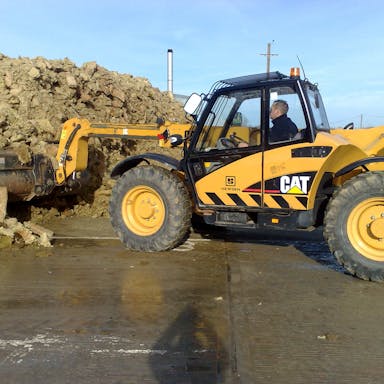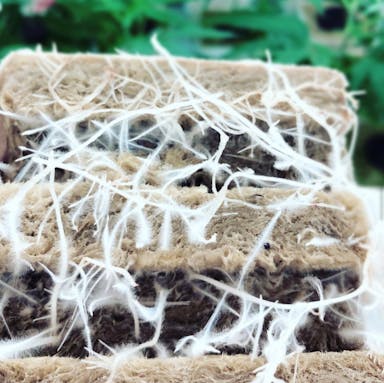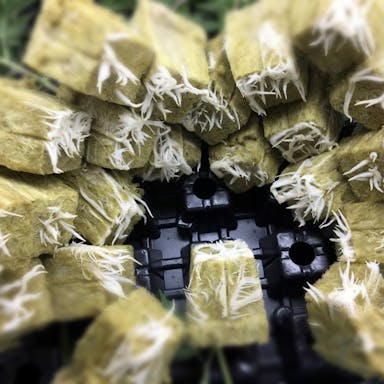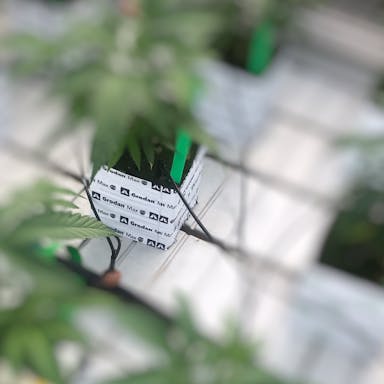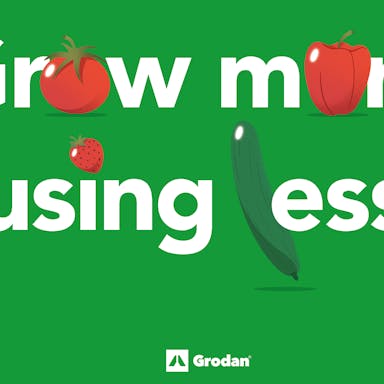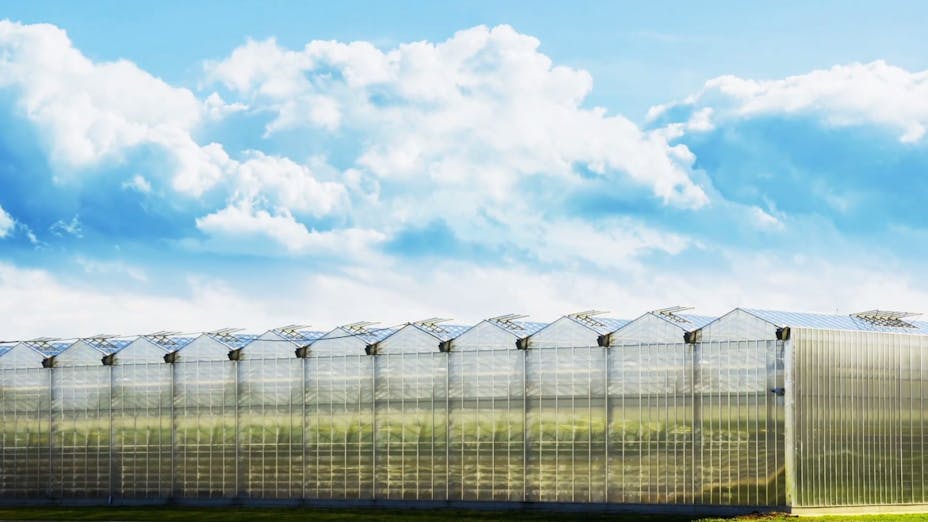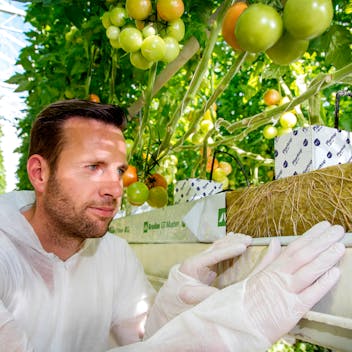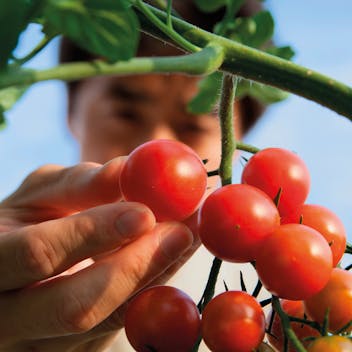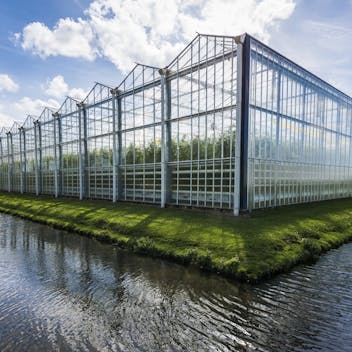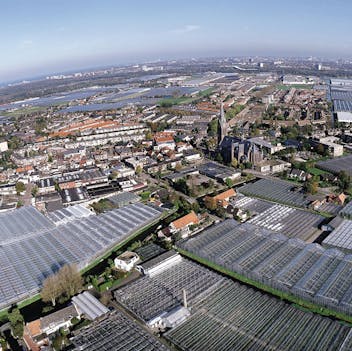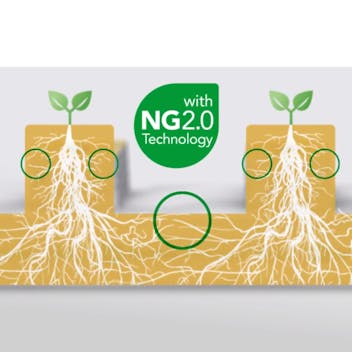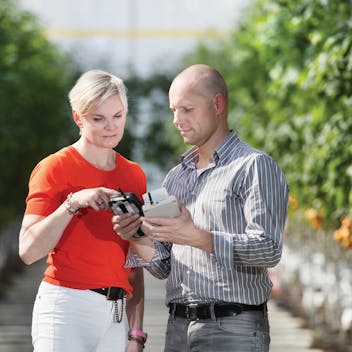Why would a grower want to use all that data?
“Data give the grower more control in the greenhouse. Growers are under pressure to produce more but this is dependent on several factors. For example, it has to be done efficiently, sustainably and without the use of pesticides. 20 years ago we already noticed that environmental demands were getting higher. Today almost the whole sector is aware of the need for environmentally aware cultivation. This has to do with the production process. Data-driven horticulture also improves the product’s quality: how the tomato looks, how it tastes and an improvement in the tomato’s nutritional value.”
How do you see the grower’s role as the autonomous greenhouse becomes a reality?
Leo reemphasizes the grower’s value but also technology’s role: “The need for growers to adopt these new technologies became clear during the Autonomous Greenhouse Challenge, in which five groups, often not including a grower, had to grow cucumbers from September to December from a distance. At the same time, a grower working traditionally in a greenhouse also had to grow cucumbers. The challenge was to create the greatest yield. To everyone’s surprise, the grower didn’t produce the highest yield. A layman beat the grower by using data. The growers’ expert knowledge will remain very important in practice but they will have to adapt so as to not be overtaken by technology.”
What are the available chances for growers in data-driven horticulture?
“We see growing interest in new technologies such as data management platforms that growers can use in the greenhouse,” Leo says. “Companies are getting larger and that creates new challenges. Machine learning, artificial intelligence and more of similar technologies can answer this. Expanding abroad has now also become a viable option for growers: you can actually run the company fully from the Netherlands using data systems. Data create much more scope for the entrepreneurial farmer.”
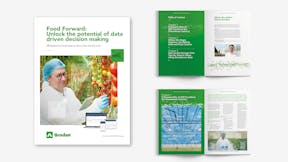
Where the magic happens: unlock the potential of data driven decision making
Data science and AI technologies present us with so many opportunities to collect and mine data in the greenhouse. This paper will help you begin your journey to get the best out of your greenhouse data. There’s a bright future ahead!
